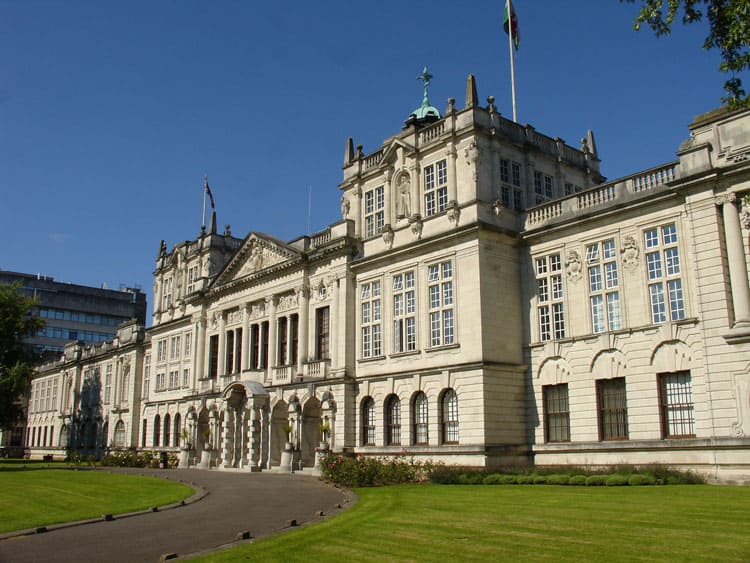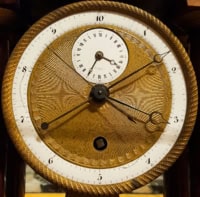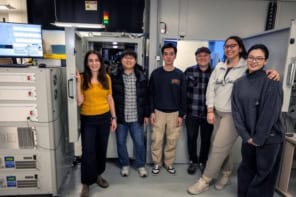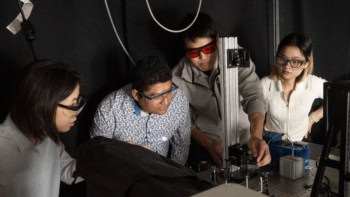Flash Physics is our daily pick of the latest need-to-know developments from the global physics community selected by Physics World‘s team of editors and reporters

Theory and experiment reunited in gold
When it comes to the electronic properties of gold, there has been a long-standing discrepancy between theoretical predictions and observation. Now, an international team, led by Peter Schwerdtfeger at Massey University, New Zealand, has made significant progress in uniting the two by calculating the interactions between an unusually high number of electrons in gold atoms. Typically, properties such as ionization energy and electron affinity are predicted by accounting for interactions between three electrons. However, the electrons of heavy atoms exhibit relativistic properties. For gold, this causes the gap between outer electron orbitals to be smaller than expected. The result is inaccurate predictions. Schwerdtfeger’s team extended the calculations to take into account interactions between five electrons. Therefore their model more precisely accounts for electron correlation contributions as well as relativistic effects and quantum electrodynamics. They achieved a ten-fold improvement in the accuracy of their ionization energy and electron affinity calculations, as described in Physical Review Letters. The research could lead to a more thorough understanding of heavy element electronic properties can be now achieved.
Fish in space help us understand microgravity effects
Researchers have sent fish to the International Space Station (ISS). A team from the Tokyo Institute of Technology monitored the transgenic medaka fish via a video link in an attempt to understand the detrimental effects of microgravity on the body. Astronauts who have spent time in a reduced gravity environment experience a large reduction in bone mineral density, yet the molecular processes involved are not fully understood. Therefore, the group led by Akira Kudo sent chambers containing hatching fish larvae to ISS, where they were placed under a fluorescence microscope. Over eight days, the signals from cells that form and degrade bone (osteoblasts and osteoclasts) where constantly measured and compared to a control group on the ground. The findings, described in greater detail on medicalphysicsweb, suggested exposure to microgravity immediately altered bone structure and triggered bone loss. The experiment could help assess the health effects of long-term human space travel.
Brexit costs for UK universities outlined in report on international students

If the UK government requires students from the European Union (EU) to pay the same tuition fees as non-EU students after the country leaves the EU, then university enrolments from the continent could fall by over 31,000 – a 57% decline. So says a report by the Higher Education Policy Institute think tank and Kaplan International – a firm that teaches English to international students. EU students currently pay the same fees as their UK counterparts – up to £9250 per year – while students from outside the EU pay international rates, which can be as much as £35,000 per year depending on the course. The report finds that the decline in EU students would result in a loss of £40m to universities. The study also looked at the impact of a 10% decline in the value of the pound and found that this could increase the number of students studying in the UK from outside the EU by around 20,000 – an increase of 9% – in the first year alone, which would be worth over £227m in fee income. Yet, the report warns that if the UK government makes it harder for international students to study in the UK then it would not offset the loss from EU students and could cost the UK economy £2bn a year.



